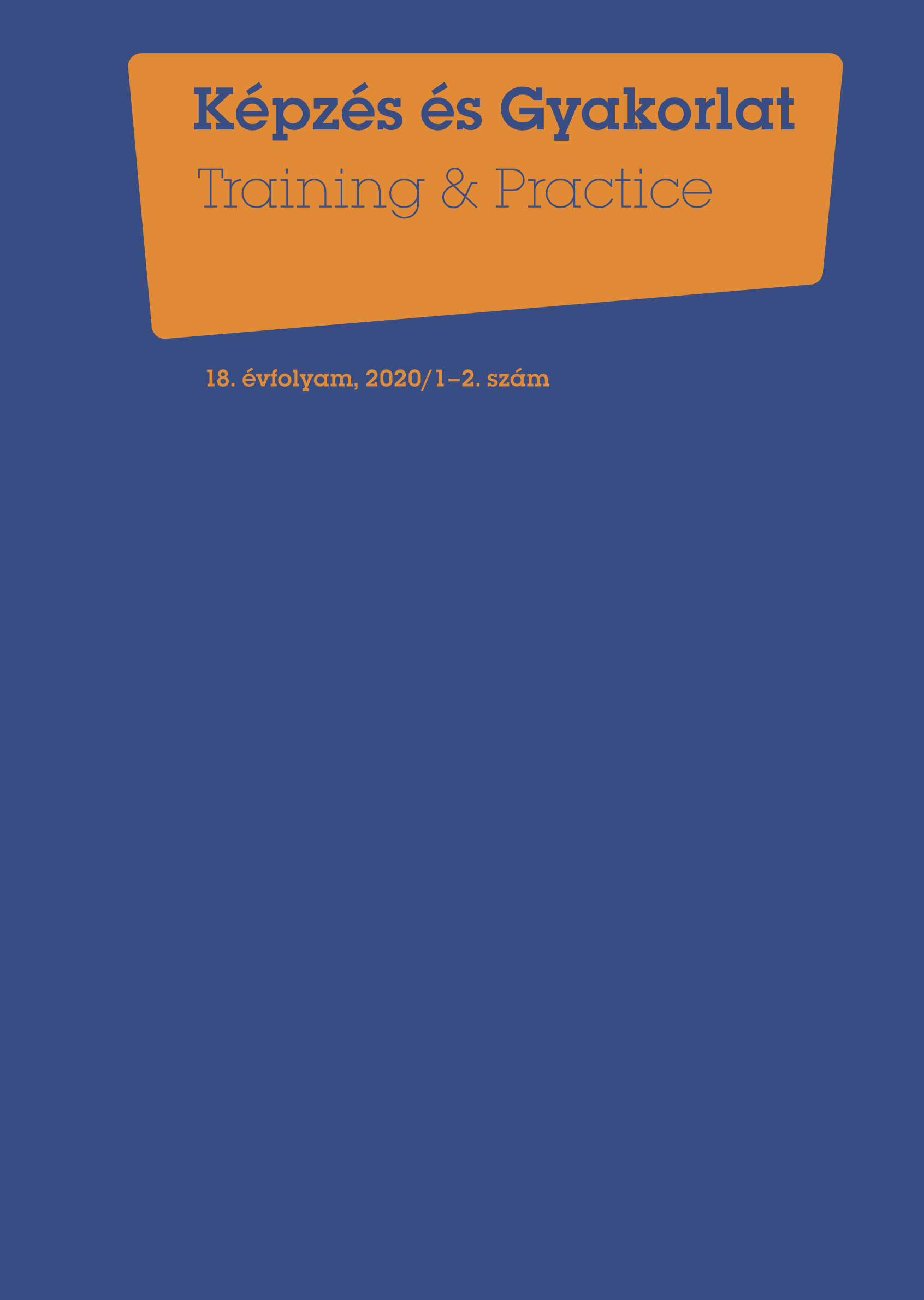Empathische Erfassung, Reflexion und interner Dialog in der Sozialen Arbeit
DOI:
https://doi.org/10.17165/TP.2020.1-2.3Resumen
Soziale Arbeit als Beruf und Praxis ist ein wesentlicher und bestimmender Bereich der menschlichen Problemlösung. In Bezug auf ihre Methoden und ihr allgemeines Wissen ist sie ein hochkomplexer, humanspezifischer Hilfsberuf im dreifachen Kontext der Problem-Ressourcen-Autonomie Problematik, dessen Legitimität sich aus den interpersonalen Interaktionen ergibt Die gesammelte Übung und Erfahrung sind unverzichtbare Partien des Wissensorganums, die den Anwendern Reife und ständige Entwicklungsfähigkeit verleiht. Die berufliche Persönlichkeit, ihre inhaltliche Kohärenz steht im Mittelpunkt der Entwicklung, die auch das wichtigste Instrument zur Unterstützung ist. Reflexion, sowie Selbst- und Fremdreflexion ist aber eine konkrete Annäherung im Kontext der Sozialen Arbeit. Dies hilft dem Anwender, ein selbstbewusstes und reiches Persönlichkeitserlebnis zu erreichen.
Referencias
Allport, G.W. (1977). A személyiség alakulása /3. kiadás/, Budapest: Kairosz
Bagdy Emőke (1988). Az emberi kapcsolatok dinamikája. In.: (Szerk. Jelenits István és Tomcsányi Teodóra), Tanulmányok a vallás és lélektan határterületeiről (pp. 146–167.), Budapest: Ecclesia
Bakó Tihamér (1999). Töréspontok mentén, Budapest: Animula
Beck, Ulrich (1994). Reflexive Modernization: Politics, Tradition and Aesthetics in the Modern Social Order, Cambridge: Polity Press
Bourdieu, Pierre (1977). Outline of a Theory of Practice. Cambridge University Press. Cambridge. DOI: https://doi.org/10.1017/CBO9780511812507
Buda Béla (1980). Az empátia- a beleélés lélektana, Budapest: Gondolat
Giddens, A. (1984). The Constitution of Society: Outline of the theory of structuration. Berkeley: University of California Press
Griffin, Em (2001). Bevezetés a kommunikációelméletbe, Budapest: Harmat
Haász Sándor (2010). Élménykeresés a szociális professzióban, Képzés és Gyakorlat, 8. évf 2. sz. pp. 75–83.
Kelemen Gábor (2006). Reflektív gondolkodás a szociális munkában, Esély, 17. évf. 1. sz. pp.89–92.
Kovács Győző (2000). A segítő kapcsolatok pszichológiája, [online] https://magyarszupervizorok.hu/segito.htm
Payne, M. (2002). The role and achievements of a professional association in the latetwentieth century: The British Association of Social Workers 1970-2000, British Journal of Social Work 32 8, 969–995. DOI: https://doi.org/10.1093/bjsw/32.8.969
Rogers, Carl R. (2003). Valakivé válni: A személyiség születése, Budapest: EDGE 2000 Kiadó Schön D. A. (1983). The Reflective Practitioner: how professionals think in action, London: Temple Smith
Descargas
Publicado
Número
Sección
Licencia
Derechos de autor 2020 Haász Sándor

Esta obra está bajo una licencia internacional Creative Commons Atribución-NoComercial-SinDerivadas 4.0.








